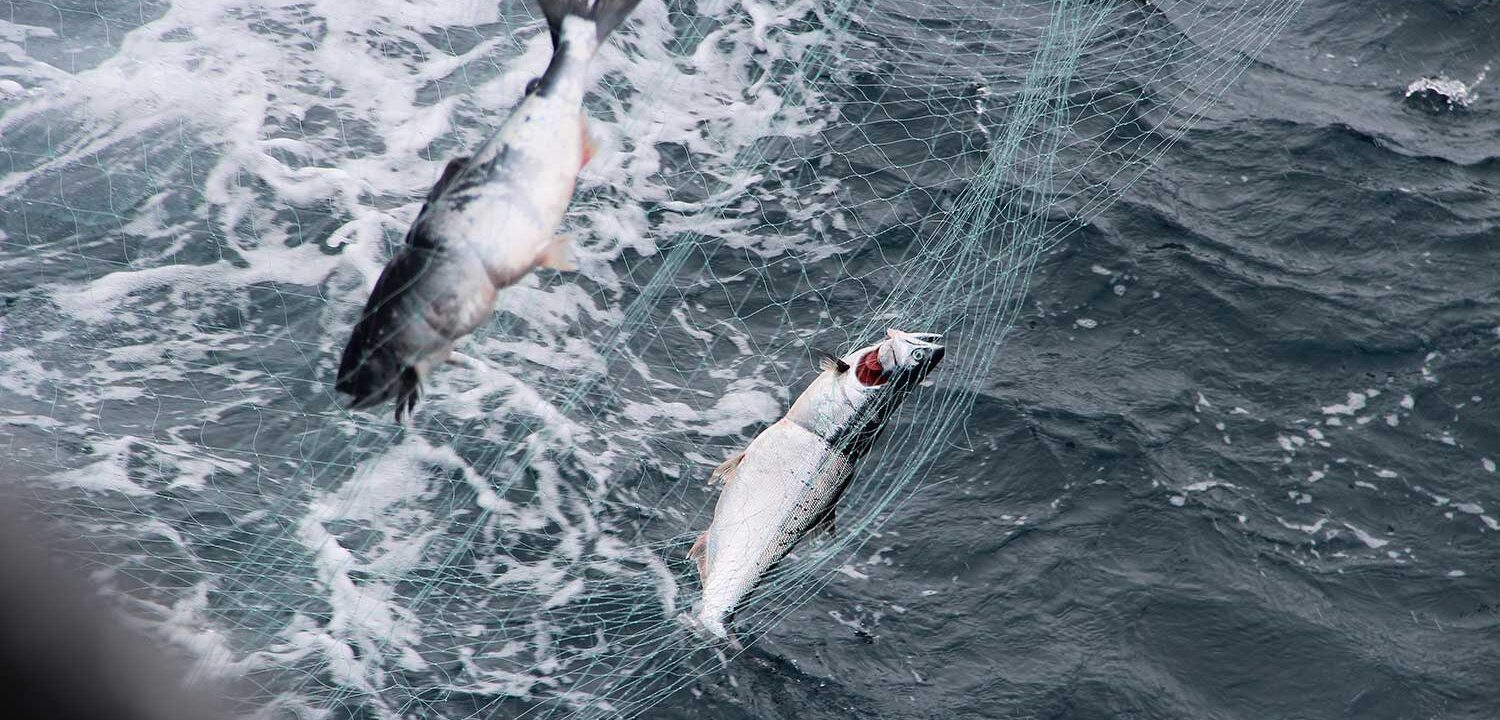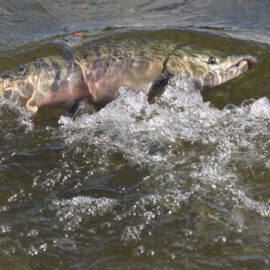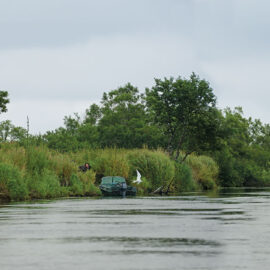New Russian ban on destructive fishing practice in high-seas rewards years of activism.
Following Russia’s announcement this summer of a ban on deep sea driftnet fishing, our Russian Far East partners in Kamchatka are celebrating victory in a hard-fought battle to stop the destructive practice. WSC’s longtime partner Sergei Vakhrin and his regional NGO, Saving Salmon Together, have rallied local businesses, communities, and regional government officials over nearly a decade to halt indiscriminate driftnetting far from shore.
The ban, if enforced properly, promises to help salmon-dependent communities and local fishermen in Kamchatka by allowing salmon populations to escape capture at sea and return to near shore waters and rivers.
On July 1, Russian President Vladimir Putin signed a new federal ban on driftnets in Russian waters—within 200 miles of its coast. The ban will take effect in January.
The use of driftnets is banned worldwide on the high seas and in the EEZs of all other North Pacific fishing nations.
Known as “walls of death” in the international conservation community, deep-sea driftnets are typically 100 feet in height, run up to 18 miles long and indiscriminately drown sea mammals, turtles and birds in the process of ensnaring fish. One organization estimated that these sorts of driftnets kill 140,000 seabirds a year in the Russian Far East.
The issue has been raised many times on Kamchatka, and through the years Sergei Vakhrin has also organized Kamchatka communities to petition the office of the President. In 2007, Vakhrin began to organize a nationwide campaign against driftnetting with World Wildlife Fund support, collecting signatures from Russians across the country while organizing public hearings with local public councils in Kamchatka, and speaking to the Federation Council (Russia’s upper house of parliament) on driftnets in Moscow in the spring of 2013.
With overwhelming support from both Russian houses of parliament, and with the weight of federal enforcement behind the new ban, it has a chance to succeed where other agreements have failed in the past.



